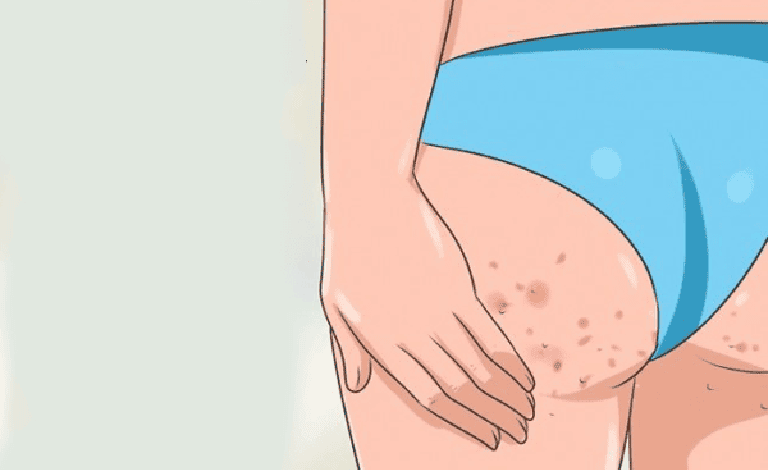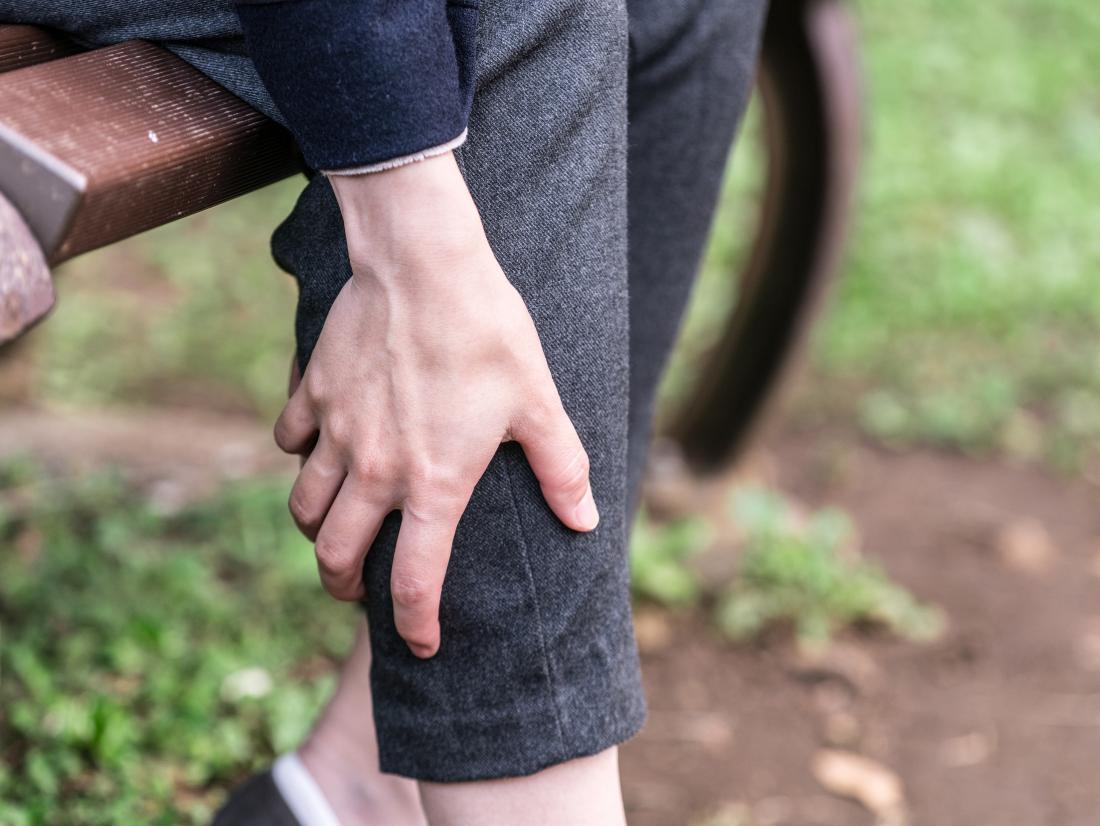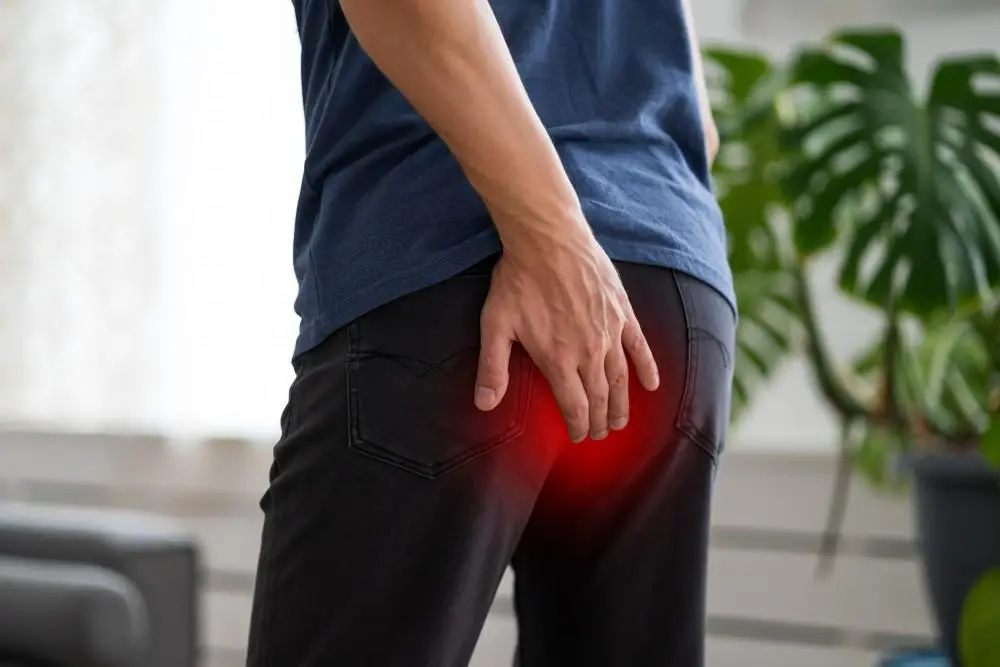Vitamin Deficiency and KP: Impact on Beauticians
As a beautician, understanding the intricate relationship between vitamin deficiency and skin conditions like keratosis pilaris (KP) is crucial. This knowledge not only enhances your skill set but also enables you to provide better advice and solutions to your clients. The question many beauticians often grapple with is, how do vitamin deficiencies specifically impact the skin, and what role do they play in the occurrence or exacerbation of KP?
Keratosis pilaris is a common skin condition characterized by small, hard bumps that may make the skin feel like sandpaper. These bumps are often light-colored and can appear on your arms, thighs, cheeks, and buttocks. While KP is harmless, it can be a cosmetic concern for many, particularly those who are conscious of their skin's appearance.

The Role of Vitamins in Skin Health
Vitamins are essential nutrients that play a pivotal role in maintaining skin health. For instance, Vitamin A is vital for skin repair and maintenance. It aids in the shedding of old skin cells and the production of new ones, a process that can be disrupted by a deficiency. Vitamin C, known for its antioxidant properties, helps protect the skin from damage caused by free radicals and supports collagen production. Vitamin D is another crucial nutrient that supports skin cell growth and repair.
A deficiency in these vitamins can lead to various skin issues, including dryness, increased sensitivity, and conditions such as KP. For beauticians, recognizing the signs of vitamin deficiencies can be instrumental in recommending appropriate treatments and skincare routines.
Vitamin Deficiency and KP
Several studies have suggested a link between vitamin deficiencies and the development or worsening of KP. For example, a lack of Vitamin A can lead to the buildup of keratin, a protein that can block hair follicles and cause the characteristic bumps of KP. Similarly, insufficient Vitamin D can impair skin renewal processes, potentially exacerbating KP symptoms.
As a beautician, it's important to have a holistic approach when dealing with clients experiencing KP. This includes understanding the potential impact of vitamin deficiencies and considering dietary recommendations or supplements that might benefit the client's skin health. For more insights on effective treatments for KP, check out this helpful resource.
Dietary Recommendations for Beauticians
Encouraging clients to maintain a balanced diet rich in essential vitamins is a proactive step in managing skin health. Foods rich in Vitamin A include carrots, sweet potatoes, and leafy greens, while oranges, strawberries, and bell peppers are excellent sources of Vitamin C. For Vitamin D, consider recommending fatty fish, fortified dairy products, and sensible sun exposure.
For beauticians, understanding these dietary sources and their impact on skin conditions like KP is invaluable. It empowers you to offer comprehensive advice that goes beyond topical treatments, addressing skin concerns from the inside out.
Professional Treatments and KP Management
In addition to dietary changes, there are professional treatments and products that can help manage KP. Exfoliation is one key strategy, as it helps remove excess keratin buildup. Products containing urea, lactic acid, or glycolic acid can be particularly effective. For more on this, explore how urea cream can benefit KP sufferers.
Regular moisturizing is also crucial, as it can improve the skin's texture and appearance. As a beautician, offering personalized treatment plans that include these strategies can significantly enhance your clients' satisfaction and loyalty.

FAQs
Q: What are the common signs of vitamin deficiency in the skin?
A: Common signs include dryness, sensitivity, and conditions like KP, characterized by small bumps on the skin.
Q: How can I help clients with KP as a beautician?
A: Educate them about the importance of a balanced diet, recommend professional treatments, and suggest appropriate skincare products.
Q: Are there specific products I should recommend for KP?
A: Yes, products containing exfoliating ingredients like urea or glycolic acid can be beneficial. Regular moisturizing is also essential.
For more comprehensive information on KP, visit the Wikipedia page.

